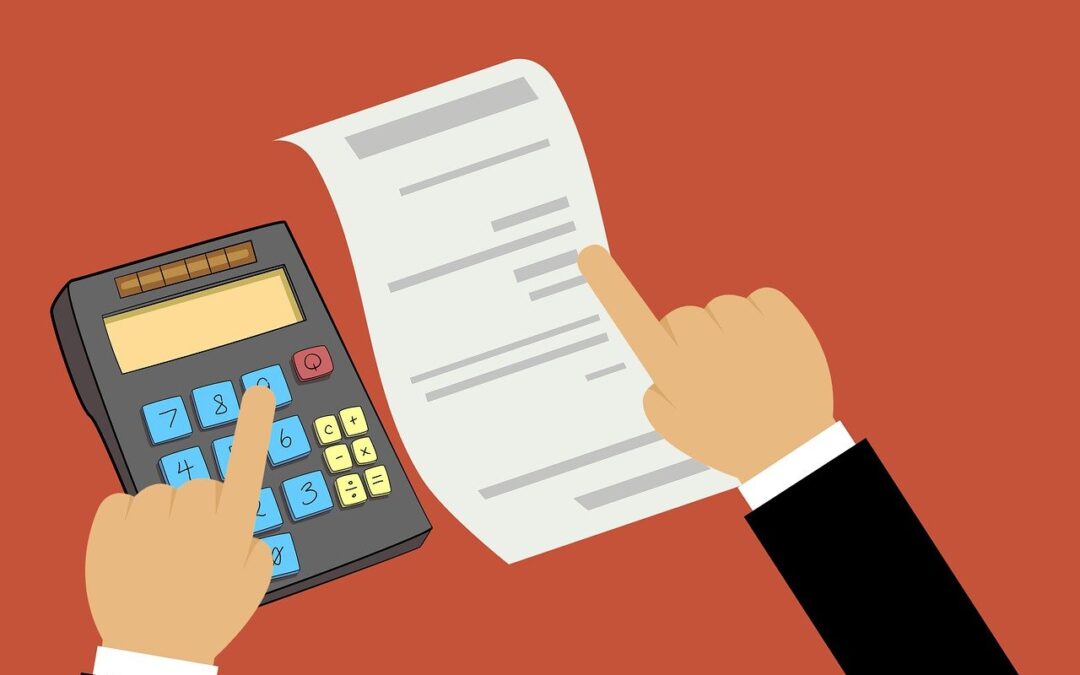Who doesn’t like something free? We can ignore a commercial, an internet advertisement, or about anything, but if someone says, “It is free,” we suddenly tune in.
There can be several costs for free things: time, additional costs, organization, and the loss of what the paid option would have done for us. Free is a good choice if it has a proper upgrade path or is void of those challenging side effects mentioned here. Why then is our brain a sucker for FREE? Because we need to learn to think about free differently.
In this article, we will discover how to evaluate free to know when it is good, and when it is technically correct but absolutely the bad choice. We will also discover the subtle relationships between time and money that are easily overlooked. You will learn when to choose free, and when choosing free means you lose. You will move from foggy, vague concepts common today to clear, actionable reality.
Real Free vs Fake Free
Let’s start with what we mean by fake free. Here is a list of things that make free today cost too much. We will explain them afterward.
- Opportunity Costs
- Clutter
- Time Waster
- Additional Costs
- Poor Quality
Let us look at these in reverse order.
Poor Quality
Sometimes, as we say, you get what you pay for. This is not to say everything free is junk, but even free stuff has to be funded. Where did the time and resources come from to create the free stuff?
We know that something is not quality just because we pay for it, but when we pay for it, we provide the resources to create a higher-quality product. Fewer resources support the good we hope to experience when we do not pay for it.
Yes, some things are free and good quality. Did we evaluate it beforehand, or is the trash can our storage for all our bad acquisitions?

Additional Costs
Have you ever known anyone who got something for free that made them move backward financially? We have seen that happen with people giving away cars, appliances, and more. The people did not have to pay anything to take ownership but to put the thing into service cost more than if they would have found something and paid for it up front.
This also happens for subscription services with a free tier at times. Some online budgeting applications have put this into practice. People sign up and are marketed for services such as loans, credit cards, and more. The additional services they pursue make those free things expensive.
Yes, not all things have additional costs or hide future costs. Was hidden something we could have discovered?
Time Waster
Many of these bad actors offer a free trial period, where the people who actually try what they offer create work they expect a return on. The time to create the work is there, but the time to test the return is not. These are the distracting free things we should question. Is there enough time to know the impact of my free investment? The time we put in is a cost.
Some things can be time savers. Did we consider this up front?

Clutter
I was listening to a Dave Ramsey call-in clip on YouTube, and the couple calling it was stressed about the need to buy a house before they were ready. It wasn’t the hosts saying they were not ready. It was the couple.
They were on track with putting money aside and were currently in a good financial position. They planned to expand their family, but that was a future thing. Their actual struggle was a free hobby that was taking up space in their home. They really enjoyed taking walks and collecting rocks. So, they had collected so many rocks that they considered buying a home earlier, not because they needed it, but to allow their rock collection to grow.
Note that I am not against rock collecting. But it’s time to rethink our values if your rocks have more floor space rights in your home than you or your spouse.
Opportunity Costs
The free thing may also take us away from things we value more. This value is not based on the financial cost but on personal values. It could take us away from things that would have left us better off either in our personal or business finances.
When do we count the cost?
The Common Thread
When I started thinking about this topic, I did not see this common factor in how we approach free. There are unique things that are different for why free can drive regret. The common thread in these is that most regret is driven by shallow thinking.
We do realize some think free equals cheap, which is also shallow thinking. It can be, but just because it can doesn’t mean it is.
When someone says free, it is like stepping out of an office building into the bright summer sun. The shift in lighting is blinding. The other details around us become blurred by the distracting intensity of the sun. One standard solution is putting on a hat with a sun blocker above our eyes. In this illustration we will call it our thinking cap.
When someone says free, it shouldn’t be a cheap warning alert. It also doesn’t need to be something we fear. Free removes a single part of the acquisition question. The financial cost of acquisition is removed. All the other considerations are still as vital as when cost was a consideration!

Thinking Beyond Free
Another book may not fit on my self. Another car may not fit in my garage. If I drive another extra car, insurance costs will be added to that so-called free car.
Considering these things does not make us ungrateful. It makes us considerate. Considering the impact of things is what it means to be considerate. Being grateful is to tell the person who offered you the item, service, or anything, thanks for the offer. It is telling them you will not be taking advantage of their generosity this time.
Free Is Not An Obligation
This is appropriate in most situations, even if a pushy salesperson is trying to offer you something free you are not interested in. If an inlaw pushes you to take something free, it is okay to say no, thank you. Remember that sometimes free is expecting payment with reciprocation. It may not be in the same kind of return. This is why wisdom teaches us to think twice about accepting gifts. It doesn’t exclude it; it just pricks our brains to tell us to think about it fully.
Something in us knows there is social value in accepting gifts. The value is not just in what we receive but in allowing others to contribute something of value to our lives. If it would genuinely benefit us and not offend our dignity, we should be gracious and accept a gift with gratitude.
If we are in need, charity can get us back on our feet. If we are financially stable and secure, more significant gifts can be turned down appropriately.
Here again, we are thinking beyond free. Free doesn’t mean something is cheap. Free doesn’t mean we neglect all the considerations we would have for the same item if we were paying for it. Free doesn’t mean we are obligated. It only means we don’t have to pay for it.
Free From Regret
We will reach this target if we think through free things as we discussed here. Free focuses the attention on money. Things we bring into our lives may have costs associated with just having them in our lives. There are also all the other considerations beyond costs, like clutter, social expectations, and impact on our time, to name some key ones.
With these thoughts, how will you influence your future today?



